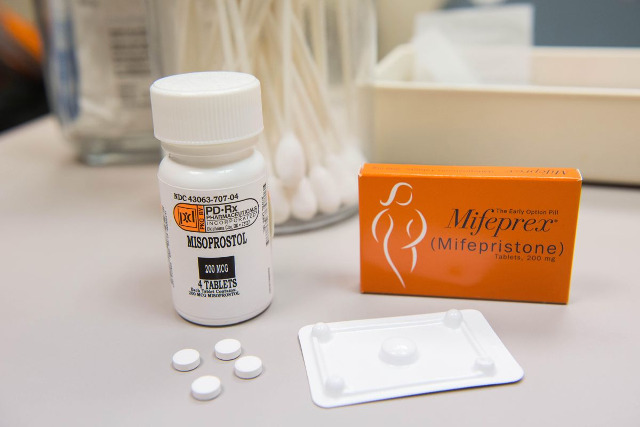Call Us Now, Free & Confidential 0800 773 424 Daytime, Afterhours & Saturdays.

It takes place at home, but pills are usually given at the clinic or pharmacy.
There are many ways you can help us with our mahi.